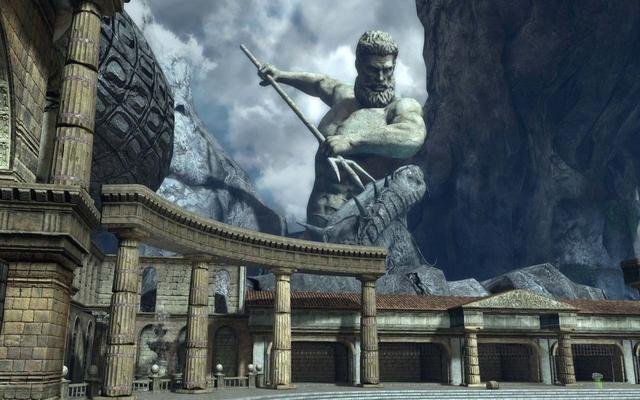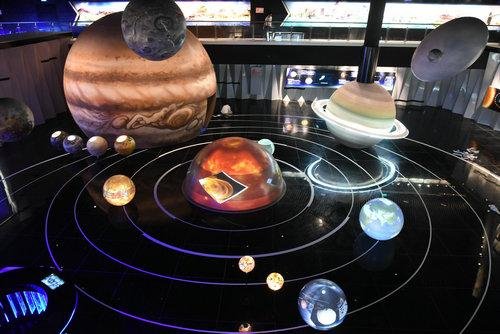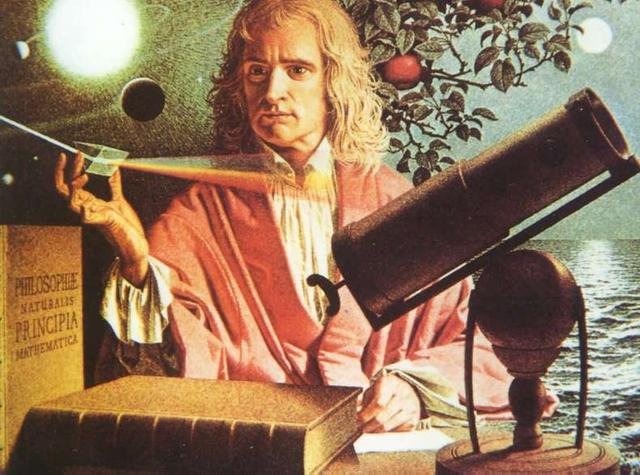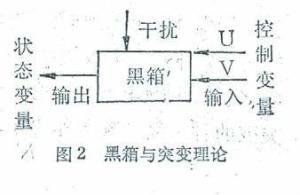Years ago, the United Nations used the world's famous Gallup poll to investigate whether 300 of the most famous scientists of the last 300 years believed in god. Of the 262 scientists who had been unable to find out their faith, there were 242 believers, accounting for 92.4%. There are only 20 non-believers, or 7.6 percent of the total.

In addition to the great scientists of human history who believe in the existence of the creator, it is not uncommon for scientists in the world to believe in god. To these scientists, science and religion are not mutually exclusive. They can explore the mystery of the world on the one hand and admire the greatness of god on the one hand.
Half Tibet once said that in the middle ages, many of the schools that western scientists read were seminary. People first revealed the world through theology. The greatest scientists in human history have all stood at the height of the field of thought.

When they exhausted the objective laws of the physical world at that time, they finally discovered that the ultimate answer to the question of the universe could only point to god. Newton, for example, Newton was an encyclopedic genius, he is in such aspects as astronomy, geography, mathematics, theology has outstanding achievements, his book "the mathematical principles of natural science" to become the foundation of modern science.
At one point, Halley's visit (the one that calculated Halley's comet) saw Newton himself make a solar system model. The center is a gold-plated sun, surrounded by planets in their own positions, as long as they are pulled by a crank, and the stars immediately follow their own path. Halley saw the model, marveled at it, and immediately asked Newton how to make it. Newton replied that the model was not designed and manufactured, but it was a coincidence that made the materials happen together.

Then Newton tapped haley's shoulder and said, "the model is ingenious, but it's nothing compared to the real solar system. Do you believe that someone must have made it, and that the solar system, which is hundreds of times more sophisticated than this model, should have the almighty god and be created with great wisdom?" Halley suddenly realized that god existed.
Newton convinced Halley's approach, in fact, that the model that Harley saw and the makers of the universe didn't know who it was. The above example shows that the unknown who created all the confusion has left scientists in a state of inner peace, and the way to do it is through religion and theology.
From a psychological point of view, people need to imagine, to imagine something that hasn't been proven. This can also be understood as the "black box principle".

The so-called "black box" refers to the system which can neither open nor directly observe its internal state.
With the development of science, people will encounter more and more unsolved mysteries while learning more. So if we use god's word to address these undecided scientific mysteries (aka "black boxes"), at least it will help scientists' own psychological construction.
Even if powerful as Newton, so it is. His three laws indicate that Newton discovered the laws of the evolution of the universe, but there are principles and laws in it. In other words, black boxes always exist, so scientists are willing to believe that "the end of science is the existence of god." God and god are "endless black boxes".